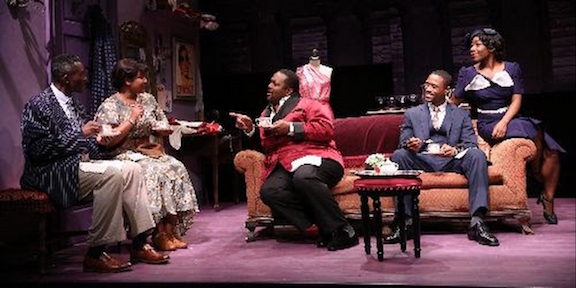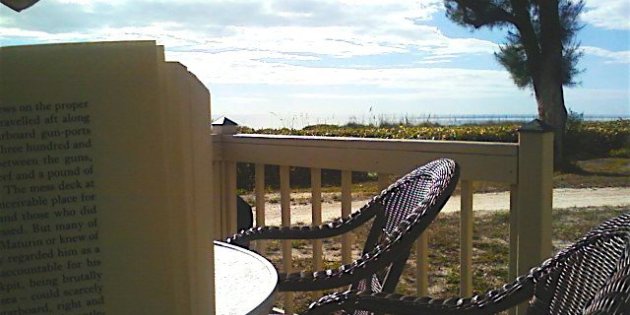“But I think he thought that the object of opening the mind is simply opening the mind. Whereas I am incurably convinced that the object of opening the mind, as of opening the mouth, is to shut it again on something solid.”
G.K. Chesterton, Autobiography






